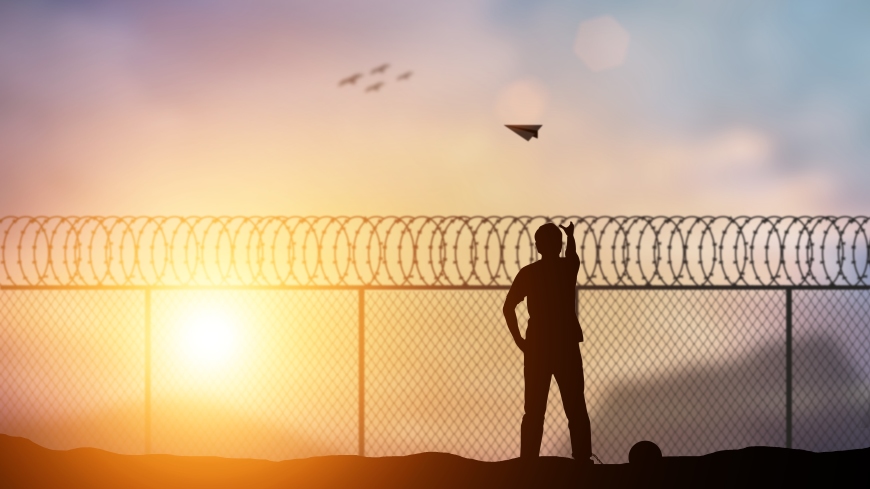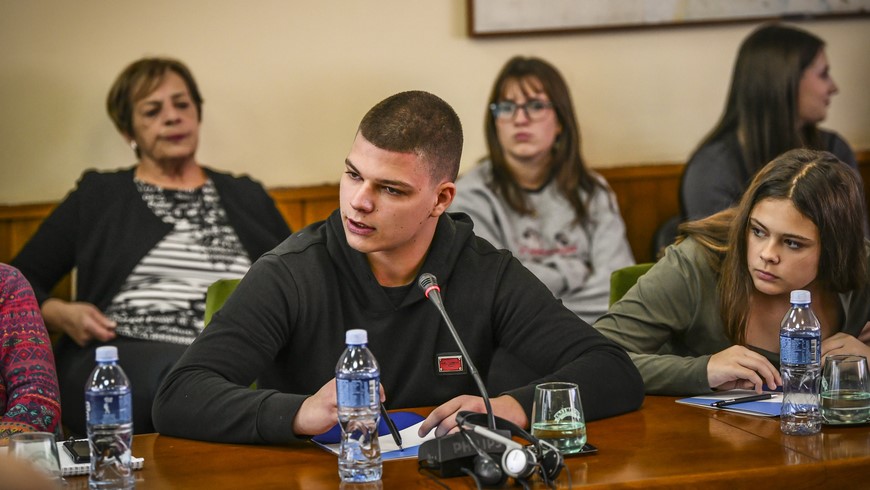The "Guidelines for Monitoring of Detention Places" for the Human Rights and Equality Institution of Türkiye (HREIT) have been completed and published with the expert support of the European Union's and Council of Europe's joint action "Strengthening Human Rights Protection in the Context of Migration in Türkiye."
The Guidelines aim to enhance the knowledge of HREIT staff and support them in carrying out their tasks more effectively when monitoring places of detention in the context of migration.
HREIT organises regular monitoring visits to facilities where individuals are deprived of their liberty, such as prisons, detention centres, and removal centres. As the institution acting as the national prevention mechanism, it aims to protect and promote human rights, guarantee the right to equal treatment and ensure effective combatting against torture and ill-treatment.
When setting the standards for conditions of immigration detention, the Guidelines refer in particular to the European Convention on Human Rights (ECHR) and judgments of the European Court of Human Rights (ECtHR) as well as the guidelines and documents published by the European Committee for the Prevention of Torture and Inhuman or Degrading Treatment or Punishment (CPT).
This action on “Strengthening the human rights protection in the context of migration in Türkiye” is co-funded by the European Union and Council of Europe under the “Horizontal Facility for the Western Balkans and Türkiye” programme.




